Are we ever going to stop having this heated conversation about the “conflict” between the rule of law and the war against corruption? Fighting corruption in a country like Nigeria, where we are not used to doing things the proper way, is never going to be a tea party. It does not matter on whose side you are — whether you are the one fighting corruption or you are the one facing corruption charges — there is always going to be extensive argument over what is the right and what is the wrong way of doing things. The biggest danger, I sense, is that we may end up arguing over processes and procedures at the expense of the progress of the anti-graft war.
That we have to kill corruption before corruption kills us is not debatable. I have not met a single Nigerian who says looting is good. All I keep hearing is that corruption is bad. Even those who are looting us blind agree that corruption is not good. So we can go to sleep over that. What has been giving us sleepless nights is whether or not corruption is being fought in the right and proper way. There is always this talk about impunity in the process. People are openly complaining about selective justice and witch hunt. I am beginning to think we are going back to those days when the substance of the anti-corruption war was overshadowed by the style of it.
Two things have happened in recent times that are of significance to my argument today. Recently, the Nigeria Customs Service closed down the warehouse of Olam Nigeria Limited for owing N3.5 billion in duties on imported rice. I do not have all the facts, but I am aware that there is a court order restraining Customs from locking up the warehouse. Let’s say Customs is trying to impress President Muhammadu Buhari by acting “tough” in order to paint the picture that it is helping the new government crack down on an alleged bad behaviour, but blatantly disobeying a court order will do Buhari no good. In this case, the critics of the anti-graft war are further empowered.
The second development was the visit of the National Peace Committee to Buhari last week after which statements were made appearing to suggest that Buhari is not going about the anti-graft war the right way. Bishop Matthew Kukah, who played a major role in setting up the committee to prevent post-election violence, said after the meeting: “I don’t think any Nigerian is in favour of corruption or is against the president’s commitment to ensuring that we turn a new leaf. I think what we are concerned about is process. It is no longer a military regime and under our existing laws everybody is innocent until proven guilty.”
Advertisement
I do not claim to understand what Kukah had in mind, but I want to guess that it had to do with the search conducted on the residences of Col. Sambo Dasuki (rtd), former national security adviser. The initial reports were that DSS operatives “invaded” or “raided” Dasuki’s residences in Sokoto and Abuja, and occupied them for hours. However, when the dust had settled, we realised that the DSS actually had a search warrant, so their action was neither an invasion nor a raid; it was a perfectly legal search. You could not fault them on that. However, by breaking through the roof of his father’s house in Sokoto, the DSS seemed to have taken things a few metres higher.
Let’s compare and contrast. In the Olam case, the Customs acted in spite of a court order. You would call that impunity, even if the ultimate goal was to recover unpaid duties (which, from what I have read, was not deliberate on Olam’s part but was caused by a retrospective allocation of rice import quotas by the ministry of agriculture in December 2014). You can smell a whiff of over-zealousness all over that one. In the Dasuki case, however, the DSS acted with a court order. The devil in the detail is that the secret police also acted overzealously, leaving itself at the mercy of those who are eager to discredit the anti-corruption campaign. That is the crux of the matter.
Many Nigerians are angry with Kukah and members of the committee over what is now perceived as an attempt to shield corrupt people from prosecution. In fact, the committee — made up of eminent Nigerians such as Gen. Abdulsalami Abubakar, former head of state, Alhaji Sa’ad Abubakar, sultan of Sokoto, and The Most Rev. Nicholas Okoh, prelate of the Anglican Church — is now being derided as “Corruption Amnesty Committee”. They are seen as trying to make a case for former President Goodluck Jonathan. The rumour is that Jonathan only conceded the 2015 election on the condition that he would not be probed. The committee, it is said, is trying to enforce this “agreement”.
Advertisement
Expectedly, Nigerians are very angry with the committee. The immediate message I can glean from the reactions is that Nigerians do not want to hear anything that will remotely suggest that anyone is trying to shield anybody from prosecution over corrupt practices. There is no sane Nigerian who wouldn’t be bothered about all these billions being reported missing every hour. So I can understand the anger and the vituperations. The entrance of Buhari into power is, in my opinion, a rare opportunity for us to confront the corruption monster headlong and set a new direction for national development. If we miss this chance, it will be a complete disaster.
That is why we have to listen to Kukah specifically on the aspect relating to due process. I say this because I am afraid that the entire anti-graft crusade can be derailed by overzealous government agencies. It will open the entire campaign to distractions and, in some cases, justifiable knocks. The war against corruption will only get widespread support and co-operation if government agencies do not leave loopholes for Buhari’s critics to exploit in order to discredit him. Justice must be seen to be done without fear or favour. Corruption is defined by law. Prosecution is also defined by law. Law enforcement officers cannot be breaking the law to enforce the law.
Not too long ago, many of us agreed that Nuhu Ribadu was doing a very good job as EFCC chairman. For once, I saw the fear of God in public officers, especially the almighty governors. They were beginning to sit up, knowing well that somebody was on their case. But the overzealousness in impeaching Chief Joshua Dariye as governor of Plateau state, in addition to several other reckless incidents, made such a mess of EFCC that some of us who were solidly behind Ribadu could no longer, in good conscience, defend his actions. By the time President Umaru Musa Yar’Adua moved to deal with Ribadu in 2007, opinion was already sharply divided. Nigeria was the loser.
If I were Buhari, I would take note of Kukah’s comments on due process and ignore the bit about probe not being part of governance. I would resolve to vigorously fight corruption with all my energy within the laws of the land — so that my critics will find it hard to build a case of impunity and witch hunt against me. Naturally, there will always be claims of witch hunt, no matter how careful you are. Nobody will ever say “I am being punished because I am truly a thief”. But you can make it harder for your critics by dragging the net wide, by not sparing anyone no matter their party affiliation and no matter their involvement in your campaign.
Advertisement
I repeat: if Buhari does not clean up the system decisively, we are done for. I don’t know when we are ever going to get this kind of chance again. We need to renew faith in leadership. This will bring about the needed confidence in the system. This will earn us respect and make the world want to do business with us. We need a new Nigeria. Every Nigerian must know that there is crime and there is punishment. The misuse and abuse of our resources has stunted our growth and this must be stopped by every means legal and proper. Clearly, Nigeria cannot survive another round of looting. We have been bleeding profusely. We must contain graft lest we bleed to death.
AND FOUR OTHER THINGS…
N200M PRAYERS
Adamawa state is about to purchase prayers worth N200 million to ward off Boko Haram and other security challenges, according to the chief of staff, Abdulrahman Jimeta. I would suggest they go for a competitive bidding process so as to attract the best prayer warriors money can buy. If the state settles for only Muslim and Christian prayers, the contracts should be shared 50:50 for the sake of fairness. Prayers used to be free, but things have changed with the deregulation of spirituality and devaluation of the naira. Of course, the government has unconvincingly tried to clarify Jimeta’s statement. Jokers.
SAGAY SAGA
Advertisement
President Buhari has set up an advisory committee against corruption in his promised anti-graft drive. But the chairman, Professor Itse Sagay, appears to have misunderstood his role. He was immediately quoted in Vanguard as saying “anyone who knows that his hands are dirty should come out and confess… I am sure, certain lenient terms can be obtained by him”. I would think this is an advisory committee, not a confession committee — even though Sagay seems to fancy himself as a priest and is already fantasising about listening to dirty confessions. This is a serious job, Prof, so talk less. Caution.
CHANGE OF NAME
Advertisement
I, formerly known as the Office of the First Lady of the Federal Republic of Nigeria, now wish to be known as the Office of the Wife of the President of the Federal Republic of Nigeria — in keeping with THAT campaign promise not to have the Office of the First Lady because “it is unconstitutional”. All former privileges remain valid. The occupant should still be addressed as “Her Excellency”. She should still use Patience Jonathan’s former office accommodation. She should appoint a senior special assistant on administration to deal with the “unconstitutional” administrative matters. General public should take note. Cheers.
ABOBAKU MYTH
Advertisement
You must have heard that the Abobaku of Ile-Ife disappeared following the passing of Oba Okunade Sijuwade. Abobaku, by tradition, is supposed to “die” as soon as the Oba passes, so that he can be “honourably” buried with the king. The story in town is that Sijuwade’s Abobaku didn’t want to die, so he simply disappeared into thin air. This story is true to some extent. The only missing detail is that this tradition was outlawed by the colonial masters in 1930. The last Abobaku to perform that “duty” was in 1910. Abobakus don’t die with the kings anymore. Fact.
Advertisement
1 comments

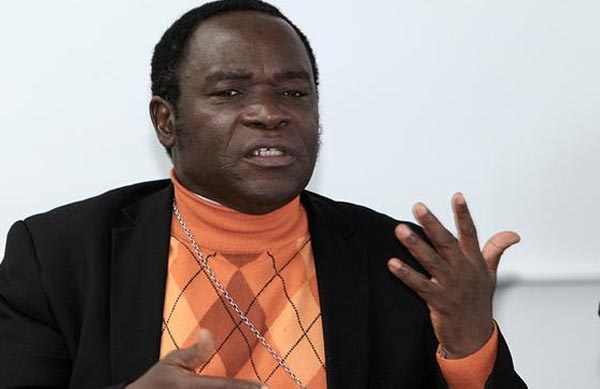
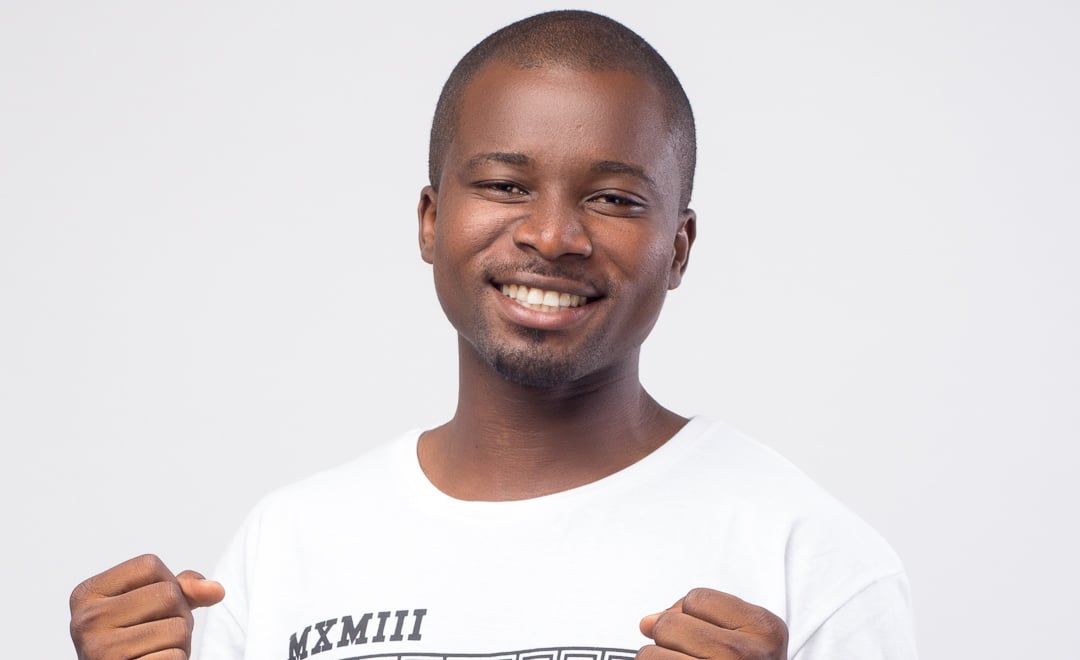
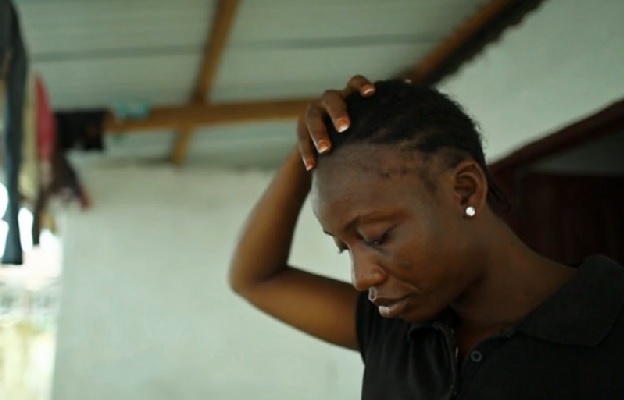
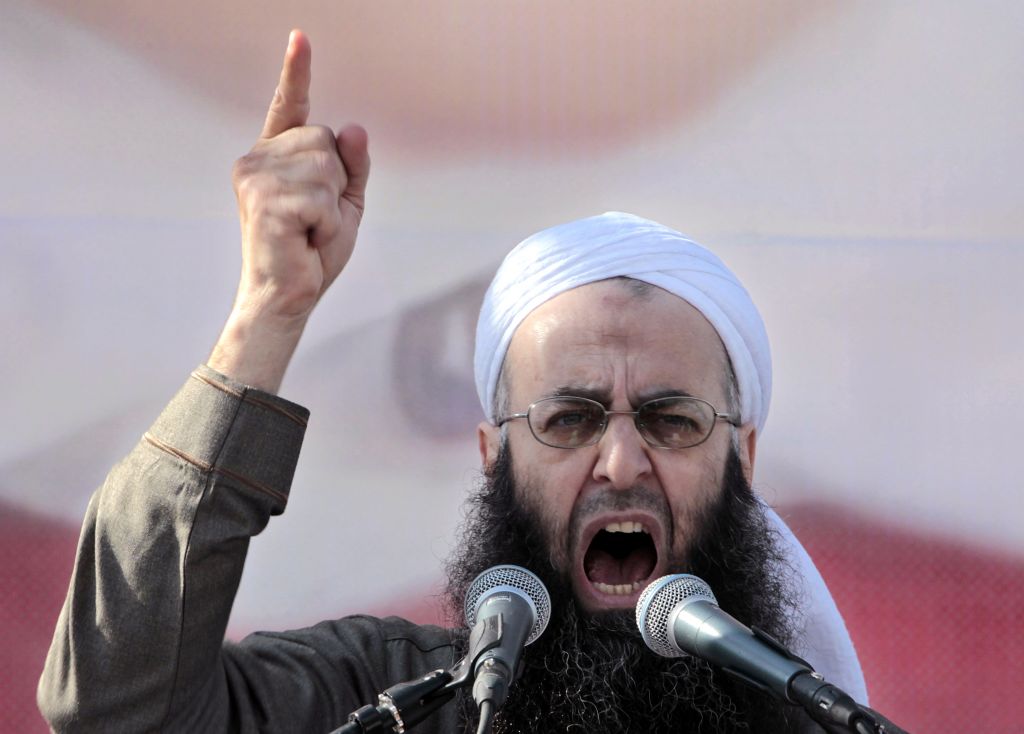
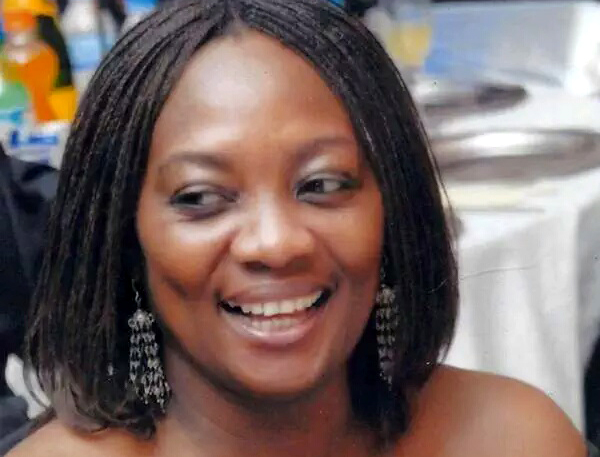

Simon, the present Nigerian structure and system are very dysfunctional and not truly workable. To give you a context, post-independence structure and system left by the British was robust enough to allow a parliament to create a Region. Thinking how complex this exercise could have been, today we talk how to get rule of law right, I don’t know who agree or disagree with or what to make of Kukah’s comments but is clear is that a nation that has the police, courts and prison is asking the questions about the rule of law! It just shows the system is broken and the mien of Buhari is enough to fix it (power is transient), may be a starting point, it must be system driven so that no one has to ‘beg’. It is beyond strong leadership but rather strong citizenship by all. The law has to be blind; leaders and citizens have to accept that it must take its cause for us to have a fair and just society.